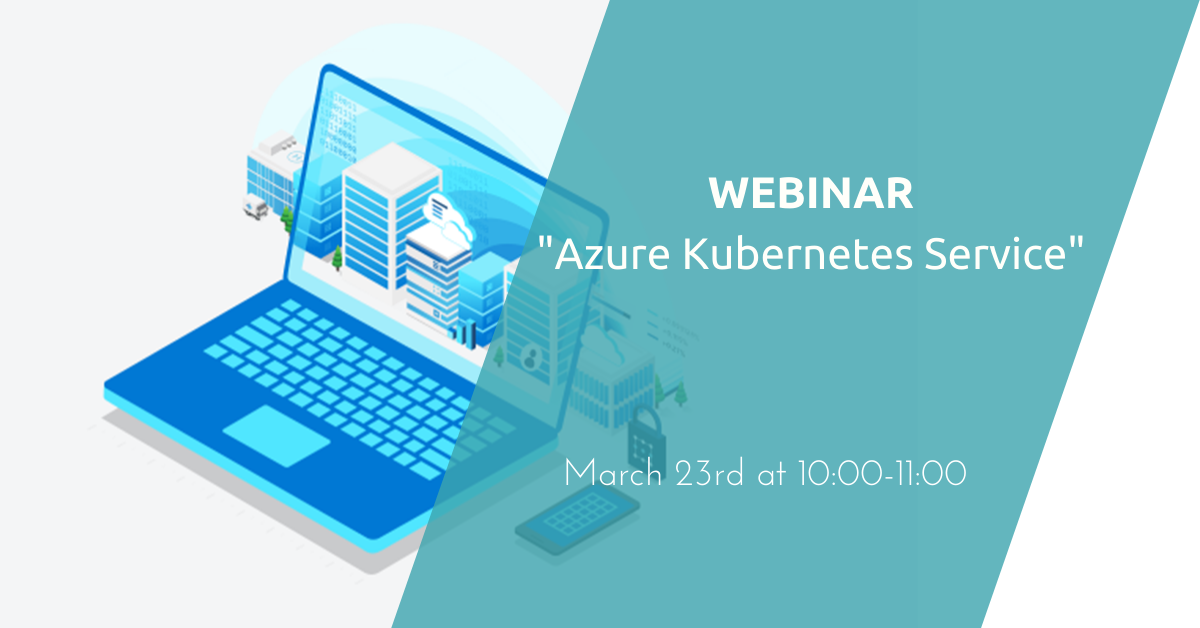Presenter: Anton Baranov, Microsoft Azure expert, with expertise from Skype, Microsoft, RangeForce.
During the webinar we will talk about the concept, architecture, deployments, and management of Azure Kubernetes Service (AKS).
AKS simplifies deploying a managed Kubernetes cluster in Azure by offloading much of the complexity and operational overhead to Azure. As a hosted Kubernetes service, Azure handles critical tasks for you, like health monitoring and maintenance.
Since the Kubernetes masters are managed by Azure, you only manage and maintain the agent nodes. Thus, as a managed Kubernetes service, AKS is free; you only pay for the agent nodes within your clusters, not for the masters.
You can create an AKS cluster using the Azure portal, the Azure CLI, Azure PowerShell, or using template-driven deployment options, such as Resource Manager templates and Terraform. When you deploy an AKS cluster, the Kubernetes master and all nodes are deployed and configured for you. Additional features such as advanced networking, Azure Active Directory integration, and monitoring can also be configured during the deployment process. Windows Server containers are supported in AKS.

